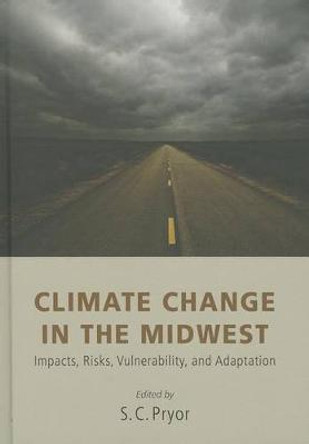Description
This book considers how basic income could be used as a mechanism for disaster risk reduction and climate change adaptation in African agrarian societies.
African agrarian societies are among those most severely impacted by disasters due to insufficient financial and technological resources to prepare for and respond to crises. This book argues that hazards and environmental disasters are increasingly not isolated occurrences, and the vulnerability of communities is cumulative event after event, with capacities to cope and adapt weakened progressively. With pre- and post-disaster operating as a single continuous process, basic income could provide communities with a stable flow of money, leaving them better able to adapt and respond to crises. To illustrate the theoretical framework, the book uses Mozambique, and more specifically the district of Buzi, as an instrumental case study.
This innovative book will be of interest to readers across the fields of global development, African studies and humanitarian and disaster studies.
About the Author
Sara Bernardo holds a PhD in African Studies from ISCTE-IUL, Lisbon University Institute, Portugal. She has previously worked in the NGO sector.
Book Information
ISBN 9781032796109
Author Sara Bernardo
Format Hardback
Page Count 242
Imprint Routledge
Publisher Taylor & Francis Ltd
Weight(grams) 453g








